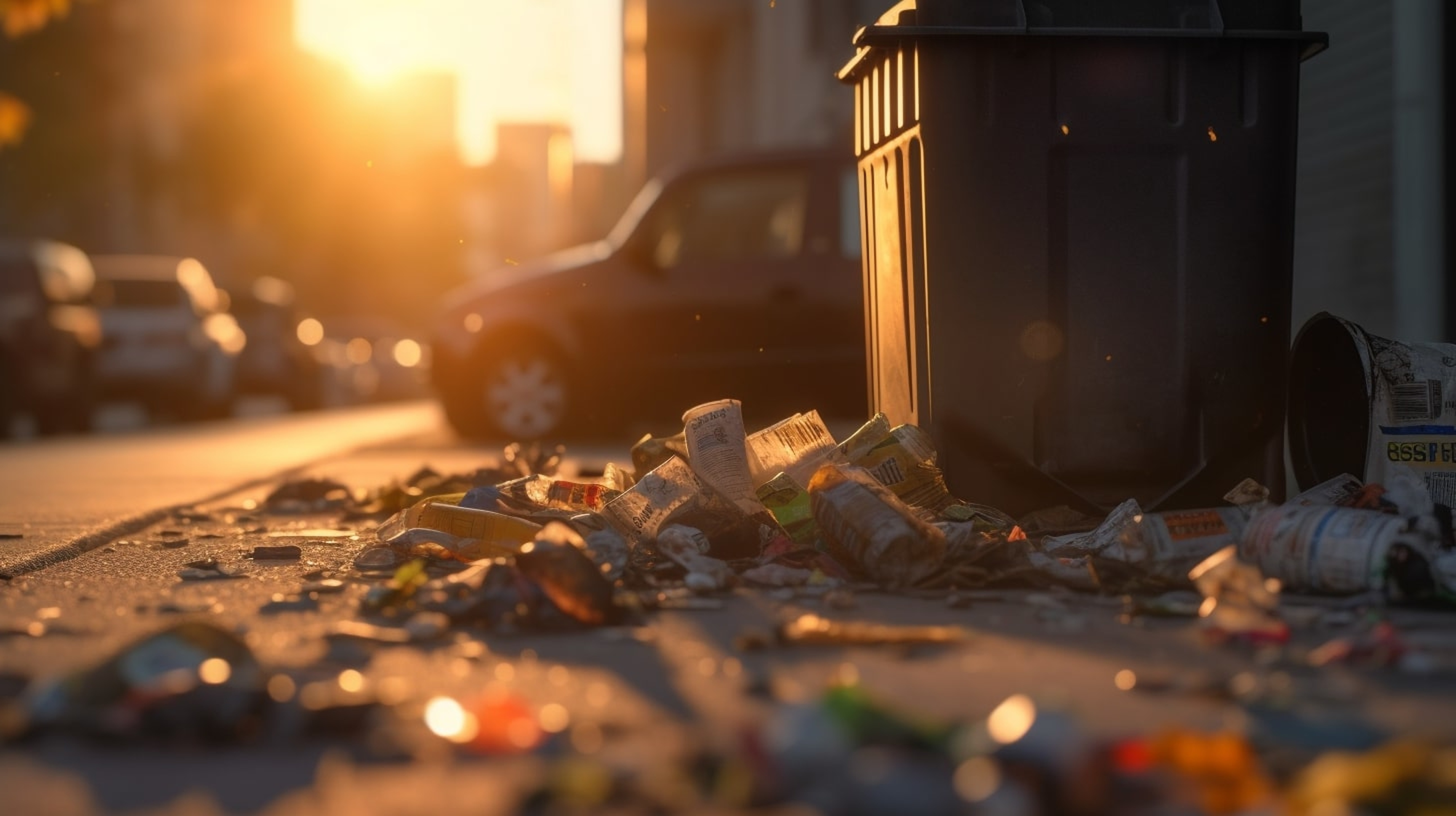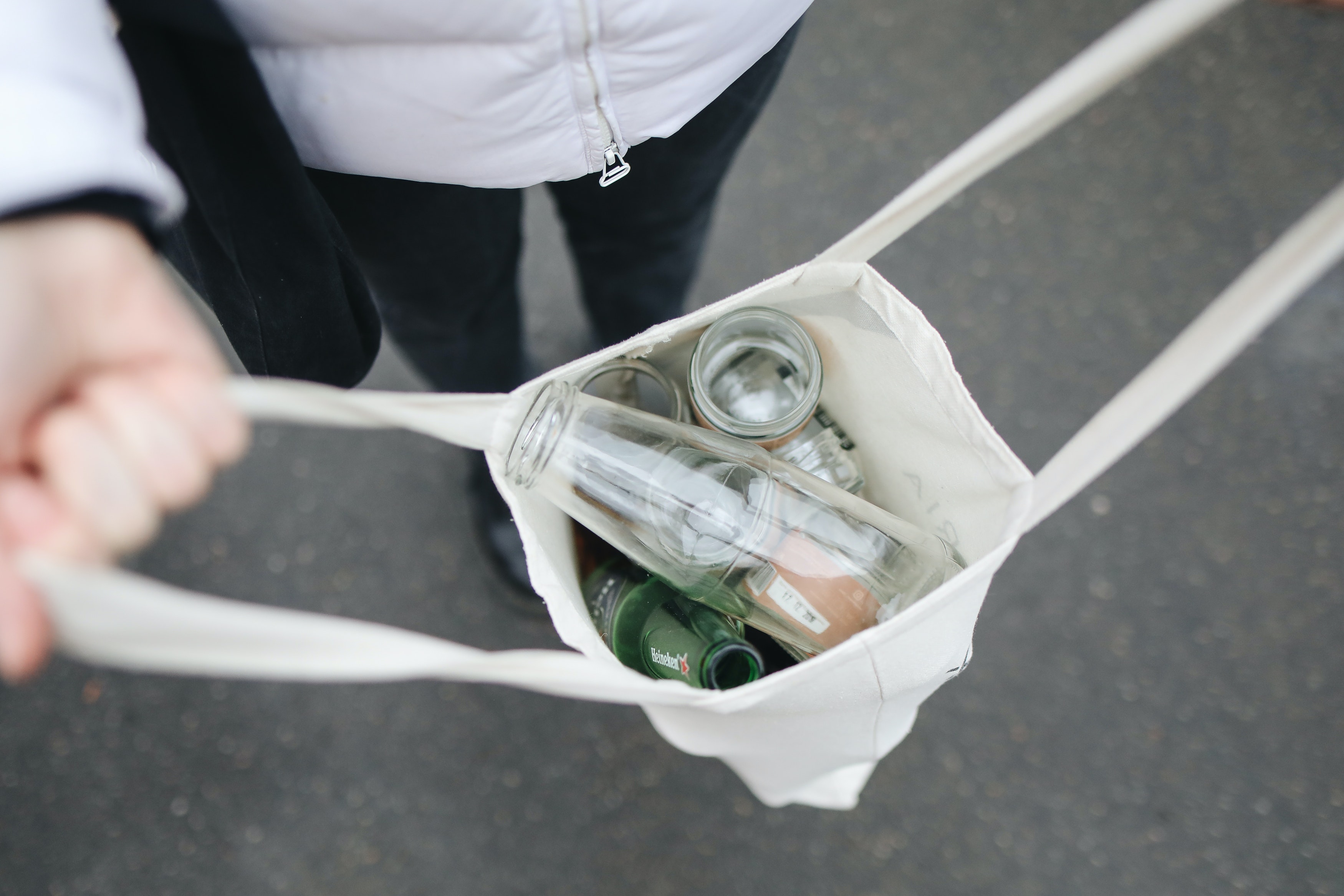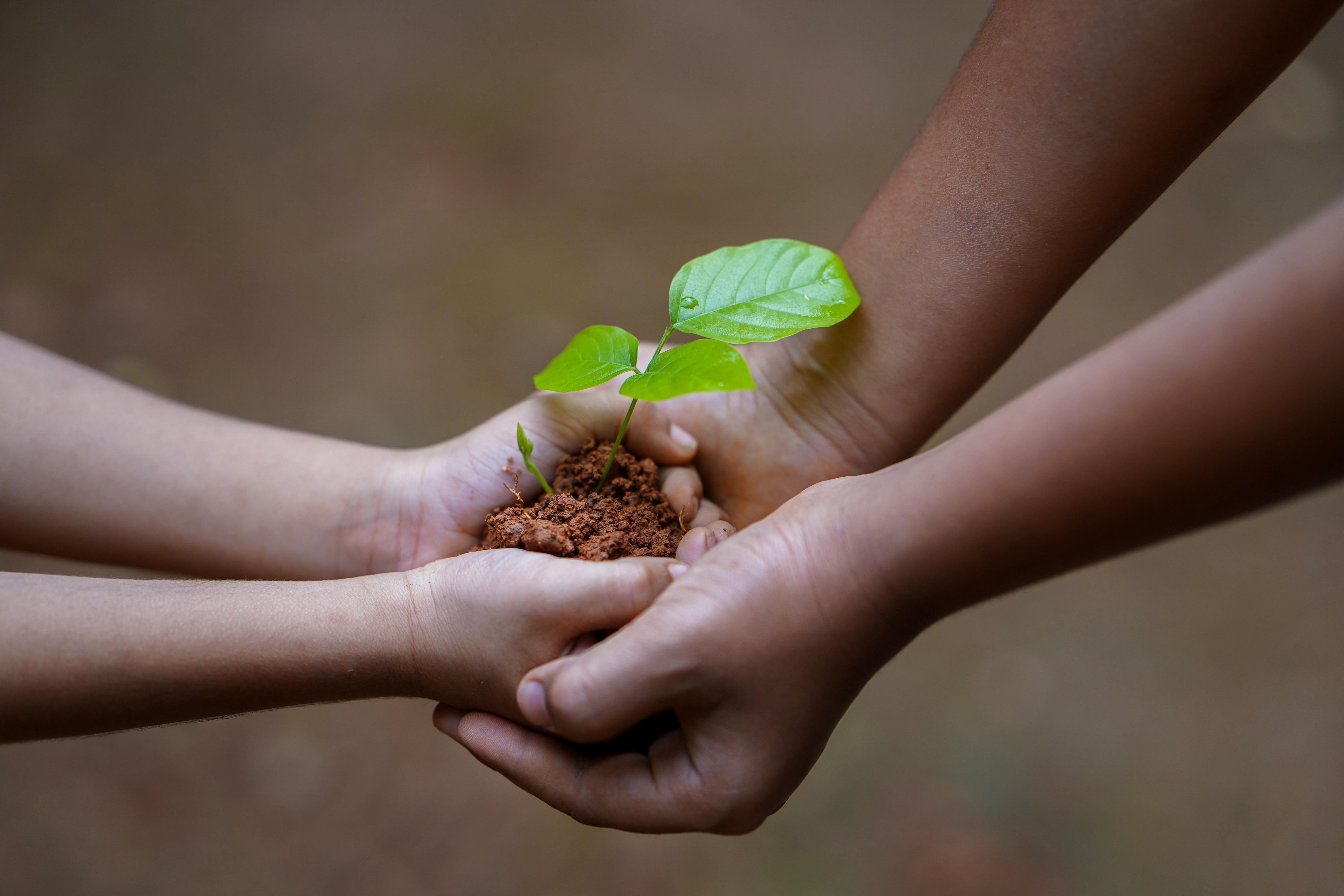Waste Management
Try to count how much waste you produce everyday;
You will be amazed by how much you can save.



Waste minimization can be achieved in an efficient way by focusing primarily on the "3Rs"
Reduce
The best way to conserve valuable materials is reducing the waste.
Image

- Think twice before you buy: Do you really need it? Do you have enough storage? Will you regret it tomorrow?
- Consumers are influential. You have a choice! Choose products with minimal packaging.
- If you are not too hungry, why not ask for the "less rice" option? The main canteens on campus all offer this option with $1 discount, and it is cheaper too.
- When buying takeaway food, if you bring along your own cutlery and lunch box our caterers will support your green action by offering $1 discount. Otherwise, there is $2 levy on requesting disposable takeaway container.
- HKUST has eliminated the sale of bottled water under 1 Litre. Say "no" to bottled water. Clean water is available for you on campus. Carry your own reusable drinking bottle and refill it from the drinking fountains (for free)
Reuse
Reusing materials is another way to extend their value.
If you are creative, you can often find ways to use things more than once. For example:
- Reuse the back side of paper before you recycle it.
- Open letters neatly so that the envelopes can be reused.
- Dishwater is still fine for watering plants or cleaning.
- Donate unwanted items to local charities (from your home, big events, student activities). If you live on campus, you can drop off clothes at one of the clothing recycling boxes (outside Hall 1 and Hall VI), or donate them through the Hall Check-Out Recycling Activity or sell them at our popular Garage Sale.
- Share or exchange unwanted or unneeded items with friends, find them a new home! You may event organize your own Barter Trade event.
Recycle
When items are no longer usable, they can still have a second life.
Image

- Separate your waste and recycle anything you can to reduce the waste.
- Locate the recycling bin near your hall or home and recycle materials as part of your daily life.
- More details on Hong Kong's recycling network.
- Download the "Waste less" mobile app of the government that shows nearby public recyclable collection points around Hong Kong via a map on your device.
- See what can be recycled on HKUST campus:
- Recycling Guide
- Green Campus Map - recycling locations
- Check out how much we recycle on campus.
Green Activities
Design your event creatively in a sustainable way
Promotion
Image

- Consider circulating event information via email and social media. If paper copies are essential, print on 100% recycled or sustainably-sourced paper, double-sided and use soya-based inks.
- Design your promotional materials (e.g. banners) that can be reused in the future by department or next cabinet of society.
Materials
Image

- Gifts look good without wrapping. Keep in mind that Non-woven polypropylene bags are non-recyclable.
- Donate any untouched remaining food, souvenirs or other reusable items to a local charity, like Food charities or Community network.
- Always call CMO at 2358 6421 to provide recycling bins or stands to facilitate separation and recycling of waste at your event.
- Support social enterprises and use their products or services at your events, when appropriate. Refer to this handy list of social enterprises.
Food
Image

- Ask for reusable cutlery, mugs and tableware to reduce disposable when you are ordering food.
- Try to order food and drinks in bulk to avoid excess packaging.
- Carefully estimate the amount of food required for any event. Support the principle of "zero food waste" and encourage participants to take home any leftover food. Most of the UST caterers are recycling the food waste.
- Choose sustainable seafood and please do not serve food containing shark fin or other shark products. Use WWF-Hong Kong's Sustainable Seafood Guide to help with your menu planning.
Others
Image

- Excessive decorations don't add to the festivities and only create more work. Make it simple and share the joy with your participants.
- Encourage your guests to take public transportation, and provide carpooling arrangements for guests.
- Consider organizing a carbon-neutral event, or producing a carbon-neutral publication by calculating the carbon footprint.
- When you organize student activities, consider performing community service with social enterprises and green groups.